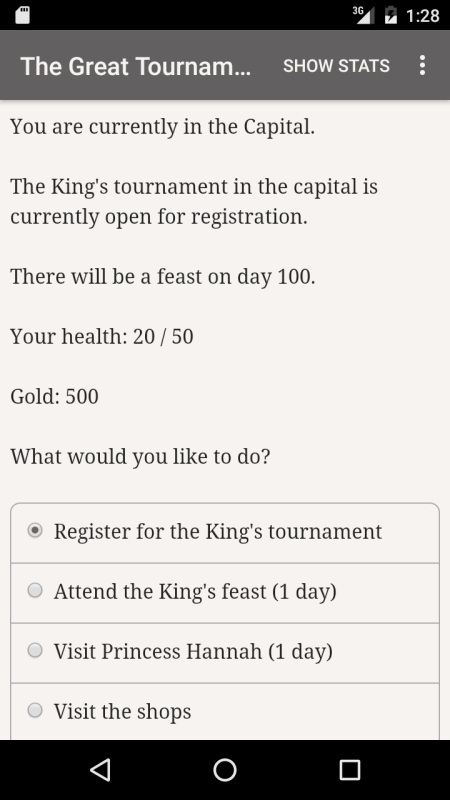Define Peter the Great: The Visionary Tsar Who Transformed Russia
#### Description:Peter the Great, a name that resonates through the annals of history, is often defined as one of the most pivotal figures in the developmen……
#### Description:
Peter the Great, a name that resonates through the annals of history, is often defined as one of the most pivotal figures in the development of modern Russia. Define Peter the Great and you will uncover a leader whose vision and relentless ambition reshaped a nation. Born on June 9, 1672, Peter I ascended to the throne in 1682 and ruled until his death in 1725. His reign marked a significant turning point in Russian history, characterized by sweeping reforms and a profound shift towards modernization.
One of the most compelling aspects of Peter the Great's legacy is his desire to transform Russia into a formidable European power. Define Peter the Great not just as a ruler, but as a revolutionary thinker who understood the importance of modernization in a rapidly changing world. He embarked on a grand tour of Europe, absorbing knowledge and ideas that he would later implement in his own country. This journey was pivotal in shaping his vision for Russia, leading to reforms in the military, government, and culture.

Under Peter’s rule, the Russian military underwent significant enhancements. Define Peter the Great in terms of military innovation, and you will find a leader who established a standing army and a navy that could rival the best in Europe. He recognized that a modern military was essential for securing Russia’s borders and asserting its influence on the global stage. The creation of the Russian Navy, particularly, was a monumental achievement, allowing Russia to expand its reach and engage in maritime trade and warfare.
In addition to military reforms, Peter the Great is credited with overhauling the Russian government. Define Peter the Great through his administrative reforms, and you will see a leader who sought to create a more efficient and centralized government. He introduced a system of provincial governance, which helped to streamline administration and improve tax collection. This restructuring was crucial in supporting his ambitious projects and the modernization of Russia.

Culturally, Peter the Great sought to Westernize Russian society. Define Peter the Great as a cultural reformer, and you will discover a ruler who encouraged education, science, and the arts. He founded the Academy of Sciences and promoted the study of European languages and sciences. His efforts to change societal norms, including the introduction of Western dress and etiquette, were met with resistance but ultimately laid the groundwork for a more modern Russian identity.
Perhaps one of Peter the Great's most enduring legacies is the founding of St. Petersburg. Define Peter the Great through the lens of urban development, and you will find a visionary who sought to create a "window to the West." Established in 1703, St. Petersburg became the new capital of Russia and a symbol of Peter’s ambition. The city was designed to reflect European architectural styles and was built on land that was once a swamp, showcasing Peter’s determination and vision.

In conclusion, Define Peter the Great and you define a leader whose impact on Russia was profound and far-reaching. His reforms in military, government, and culture not only transformed Russia during his reign but also set the stage for its emergence as a major European power in the centuries to follow. Peter the Great's legacy is a testament to the power of vision and the relentless pursuit of progress, making him a defining figure in Russian and world history.